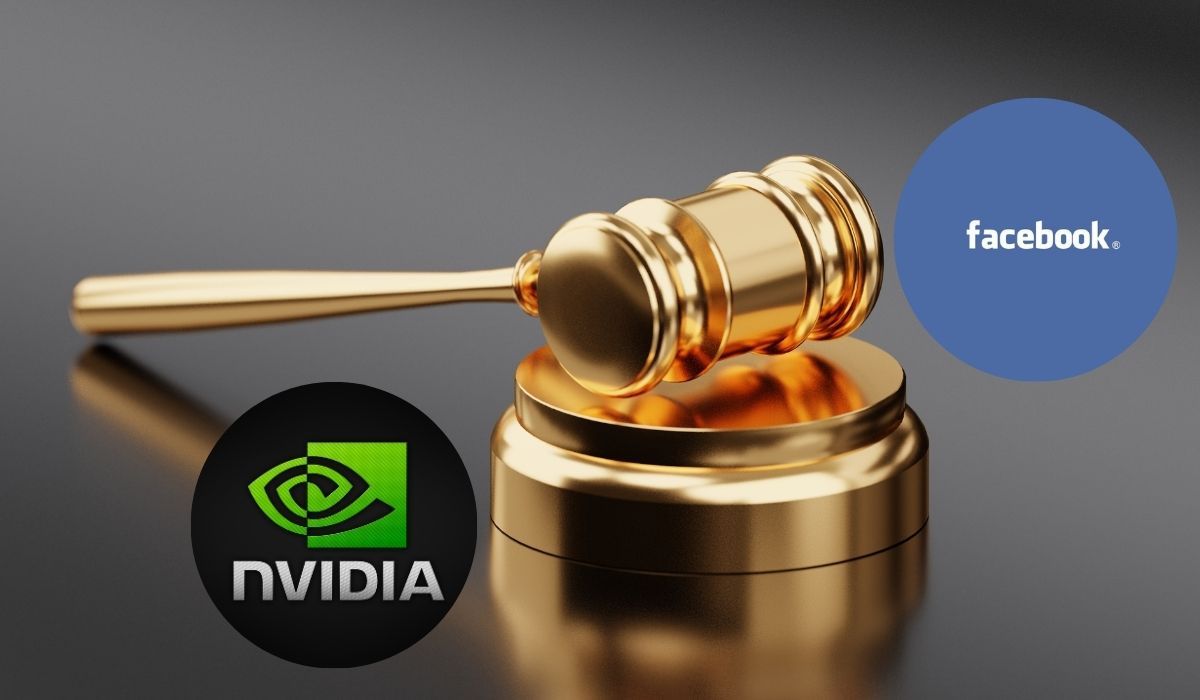The U.S. Supreme Court is set to hear high-stakes cases involving tech giants Meta (formerly Facebook) and Nvidia on November 13, 2024, challenging whether they can escape securities fraud lawsuits filed by investors. These cases could reshape the future of corporate accountability in the tech industry, setting a precedent that may either strengthen or weaken protections for investors.

The lawsuits against Meta stem from allegations that the company misled investors by failing to disclose the extent of a data breach linked to the Cambridge Analytica scandal. The breach, revealed in 2018, exposed over 30 million users to exploitation by the political consulting firm. Investors claim Facebook’s lack of transparency contributed to a sharp decline in its stock price. Facebook’s defense, however, hinges on the argument that its risk disclosures were forward-looking and not required to reflect past incidents. It insists that no legal obligation existed to reveal that a risk it had previously flagged had already materialized, stating that “a reasonable investor would understand [risk disclosures] to be forward-looking and probabilistic”.

For Nvidia, the issue revolves around the company’s failure to fully disclose how much its revenue growth during 2017-2018 was driven by cryptocurrency mining. Investors allege that Nvidia downplayed its reliance on this volatile market, leaving them in the dark about its true financial standing. Nvidia contends that plaintiffs haven’t met the strict standards outlined in the 1995 Private Securities Litigation Reform Act, which aims to reduce frivolous claims. The company previously settled a similar case with the SEC for $5.5 million in 2022 over inadequate disclosure of the crypto mining issue.
Both companies have already faced regulatory scrutiny. Facebook settled with the SEC for $100 million and the FTC for a hefty $5 billion over the Cambridge Analytica scandal. Similarly, Nvidia paid $5.5 million in settlements related to its crypto-mining disclosures. Yet, these legal settlements do not preclude investors from seeking further compensation through private class-action suits, and that’s what brings these cases before the Supreme Court.
The broader implications of these cases go beyond the fates of Meta and Nvidia. If the court rules in favor of the tech giants, it could significantly limit investors’ ability to bring fraud lawsuits against major corporations, particularly in the tech sector. This would make it harder for shareholders to hold companies accountable for misleading disclosures, which could have a chilling effect on corporate transparency. The decision is particularly important given recent Supreme Court rulings that have already curtailed the authority of regulatory agencies like the SEC, which has historically served as the primary enforcer of securities laws.
Legal experts, including former SEC lawyer Andrew Feller, suggest that the court’s history of business-friendly rulings could work in favor of Facebook and Nvidia. “Business interests will continue their recent pattern of aggressively challenging rules intended to hold them accountable,” said Feller. This sentiment is echoed by David Shargel, a legal expert, who warned that such rulings may push the burden of accountability onto private litigants, increasing the likelihood of more investor-led lawsuits in the absence of robust regulatory enforcement.
A ruling in favor of the companies could mark a shift in the legal landscape, where the burden of proof in securities fraud cases could shift from companies to investors, making it more difficult to challenge corporate behavior. The future of private litigation as a check on corporate misconduct could be at stake, especially as federal agencies like the SEC struggle with resource constraints.
The tech industry, particularly its biggest players, may face a less scrutinous environment, where disclosure standards become less rigorous, and the scope for holding companies’ accountable shrinks. In the absence of adequate regulatory oversight, investors could be left with fewer tools to protect their interests.
In conclusion, the U.S. Supreme Court’s decision on November 13 is expected to have far-reaching consequences. It could either reinforce or undermine the legal frameworks that hold major tech companies accountable to their shareholders. As stakeholders wait for the verdict, the outcome will shape how corporations in the tech space—particularly Facebook and Nvidia—disclose their risks, manage investor relations, and potentially navigate future litigation.
















